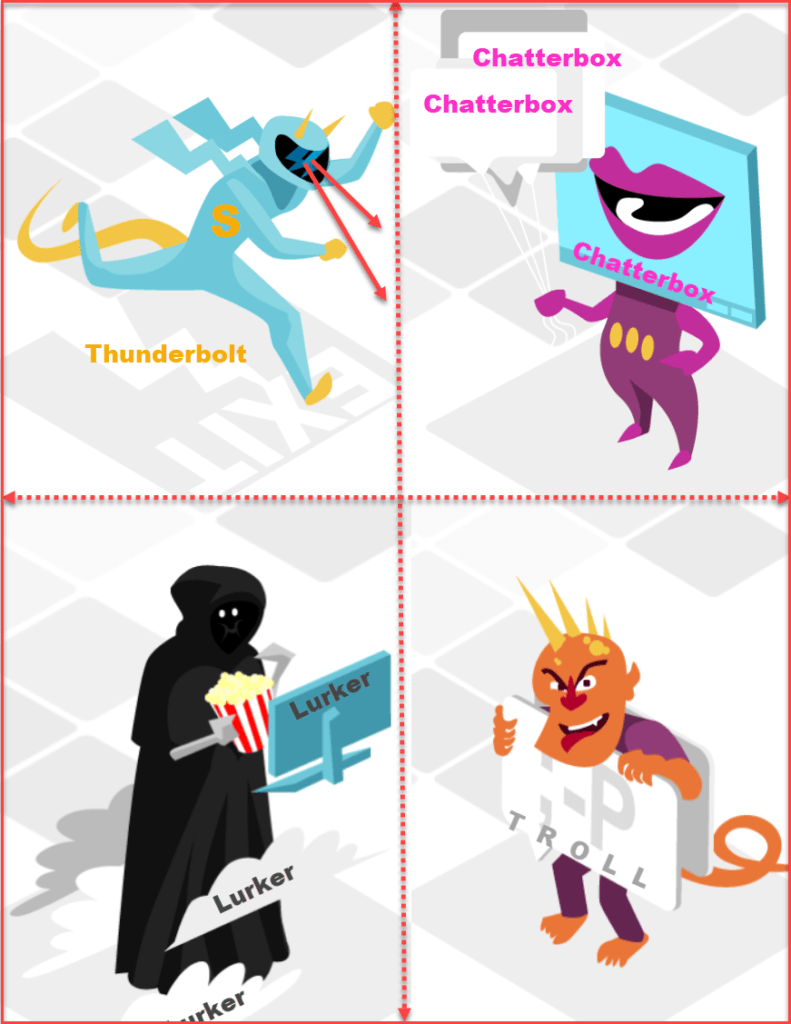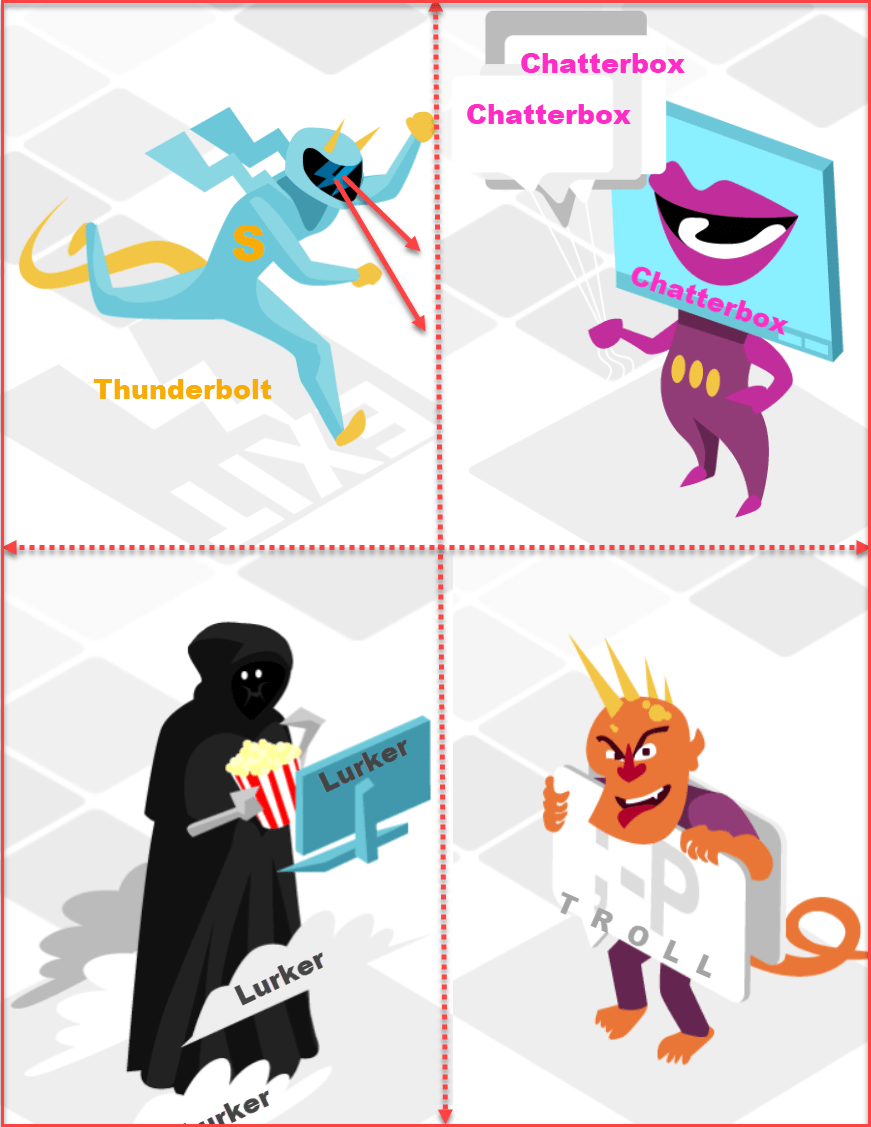For most of us, professionally and personally, 2020 was an unforgettable and challenging year. Organisations had to quickly adapt their digital strategies and business models, rapidly shift their entire workforce to remote working, implement new technology solutions, and scale up other areas of their business to offer a digital alternative… and the list goes on!
In this new brave new world, conversations and interactions are more important than ever. Your audience must be engaged and actively involved for better outcomes, whether at home or work, online or face-to-face.
“Collaboration is the essence of life. The wind, bees and flowers work together, to spread the pollen.”
Amit Ray, Mindfulness Living in the Moment – Living in the Breath
One must be on the lookout for uncollaborative habits that may impede overall efficiency and value creation. It’s easy to slip into uncollaborative communication habits, primarily when you do not deal with each other in real time. Sometimes we think we are participating, but in reality, our behaviours aren’t actually contributing to the current discussion at all. We must be aware of online communication styles and help our peers be mindful of theirs, so everyone gets the most out of meetings and discussions.

Suppose you know someone in your team or workplace who has uncollaborative communication habits or notice this behaviour. In that case, it’s time to address it for the benefit of the group and organisation.
#1 Thunderbolt:
Thunderbolts are like speed-demon task-focused learners. They see everything as a race; they make the first comment/post in a discussion and then move on. If harshened well, their drive and motivation can be valuable to the entire team.
Helpful tips for Thunderbolts/Speed-Demon:
- Hold back on posting until someone else has posted.
- Play out the message out loud in your head
- When replying to comments, try to see another person’s point of view.
- Involve in group discussions, scribe & summarise.
#2 Chatterbox:
Chatterboxes speak and write as they think. They have lots of good energy to give to the conversation. It means that their ideas can get lost in storytelling or other irrelevant details to the topic at hand.
Helpful hints for Chatterbox:
- Re-read/edit before publishing/posting a comment
- Resist the desire to reply to every comment
- Summarise the key points
- Remember to keep the discussion relevant
#3 Lurker:
Lurkers are always around watching and seeing it all but sharing little (very little). They primarily learn from observation and reflection. The challenge is getting them to share their perspective, so everyone in the group can benefit.
Helpful hints for Lurkers:
- Involve in conversation directly
- Be the first comment in a discussion
- Reply to others’ comment
#4 Troll:
Trolls have plenty of energy and love to play, they start flame-wars or (Un)intentionally upset people. They like to get a reaction – good or bad – out of the group. This bubbling energy can be great for discussions and icebreakers, but sometimes their cheekiness can come across as mean or rude. Trolls want attention, they want to get you angry, frustrated or uncomfortable or even quiet. Trolling is destructive, demoralising behaviour – don’t tolerate it. Set up a “Zero Tolerance” policy, and call out trolling behaviour directly.
Helpful tips for Trolls:
- Think twice before posting that really “clever” comment
- Ask yourself – is it a joke, or are you taking a jab?
Discourage these above four uncollaborative communication habits and encourage Respect, Enthusiasm, Support, and Confidence for meaningful meetings, teams and discussions.
